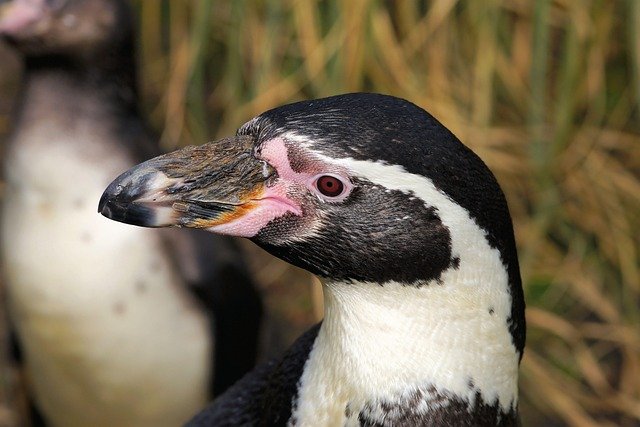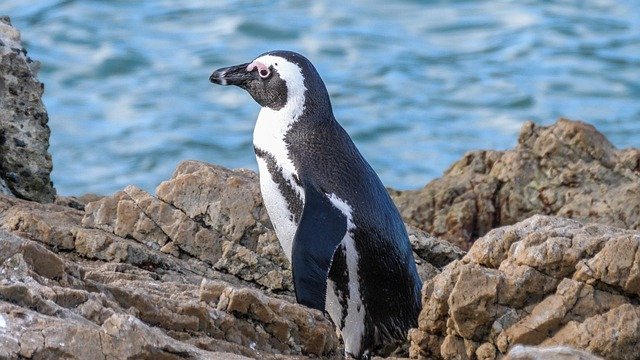**Title: "The Social Lives of Penguins: Understanding Their Complex Social Structures and Behaviors"**

The Social Lives of Penguins: Understanding Their Complex Social Structures and Behaviors
Penguins are often seen as charming, waddling birds that capture the hearts of many. However, beneath their adorable exterior lies a complex social structure that is crucial for their survival. In this post, we will explore the fascinating social lives of penguins, highlighting their behaviors, communication methods, and the intricate relationships they form within their colonies.
The Importance of Social Structures
Penguins are highly social animals that thrive in large colonies, often consisting of thousands of individuals. These colonies provide several benefits, including:
- Protection from Predators: By living in large groups, penguins can better defend themselves against predators such as seals and birds of prey.
- Foraging Efficiency: Group foraging allows penguins to locate food sources more effectively. When one penguin finds a school of fish, others can quickly join in, maximizing their feeding opportunities.
- Social Learning: Young penguins learn essential survival skills by observing the behaviors of older, more experienced members of the colony.
Communication: The Language of Penguins
Penguins have developed a sophisticated system of communication that includes vocalizations, body language, and visual displays. Some key aspects include:
- Vocal Calls: Each species of penguin has its unique set of calls, which serve various purposes, such as attracting mates, signaling alarm, or maintaining group cohesion. For instance, during the breeding season, male penguins often engage in elaborate vocal displays to attract females.
- Physical Displays: Penguins use body language to convey their emotions and intentions. For example, a penguin may bow or flap its wings to assert dominance or establish a bond with a mate.
- Visual Markings: Some species have distinctive markings that help individuals recognize each other and maintain social bonds within the colony.
Parental Care and Bonding
Penguins are known for their strong pair bonds and dedicated parenting. Most species are monogamous during the breeding season, and both parents share responsibilities in raising their young. Key behaviors include:
- Incubation: After laying eggs, penguins take turns incubating them to ensure they remain warm and protected. This cooperative effort strengthens their bond and increases the likelihood of successful hatching.
- Feeding Chicks: Once the chicks hatch, both parents are involved in feeding them. They regurgitate food for their young, showcasing their commitment to their offspring's survival.
- Social Learning: Chicks learn essential skills from observing their parents and other adults in the colony, which is crucial for their development.
Social Hierarchies and Interactions
Within penguin colonies, social hierarchies often emerge, influencing interactions among individuals. Factors that contribute to these hierarchies include:
- Age and Experience: Older, more experienced penguins often hold higher social status, which can affect their access to resources and mates.
- Aggression and Dominance: Aggressive behaviors can establish dominance within the colony, impacting feeding opportunities and mating success.
- Friendships: Penguins form bonds with specific individuals, often referred to as "friends." These friendships can provide social support and improve overall well-being.
Conclusion
The social lives of penguins are as complex and varied as the species themselves. Understanding their social structures and behaviors not only enhances our appreciation for these remarkable birds but also highlights the importance of preserving their habitats. As we continue to study penguins, we uncover more about their intricate social systems and the vital role they play in their ecosystems. By protecting these fascinating creatures, we ensure that future generations can enjoy their captivating social lives.
Feel free to share your thoughts or experiences with penguins in the comments below! 🐧💬
